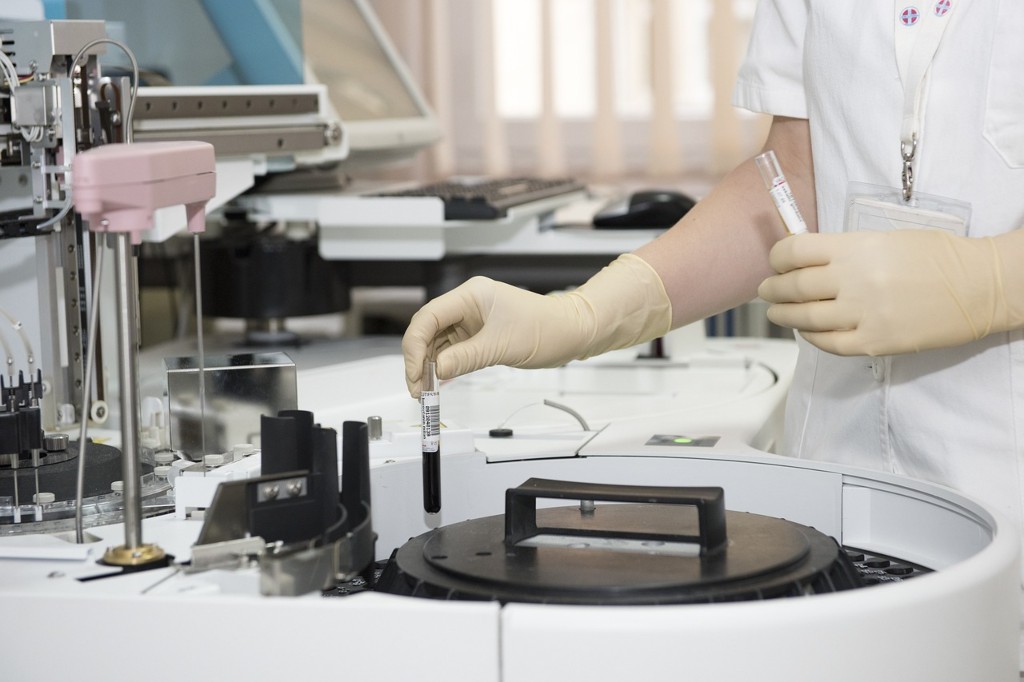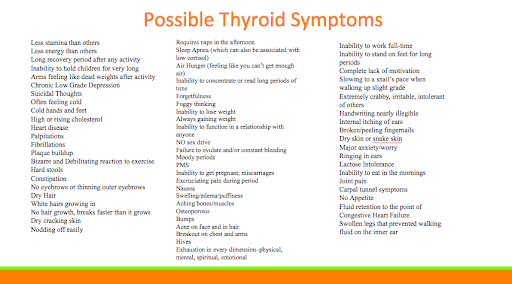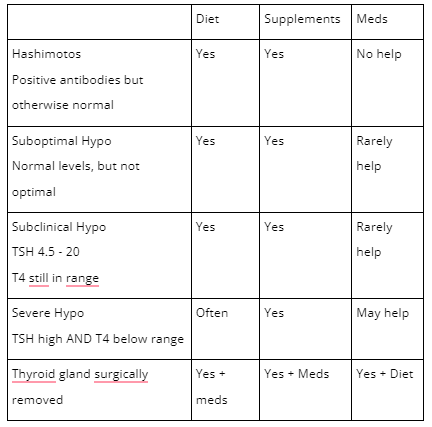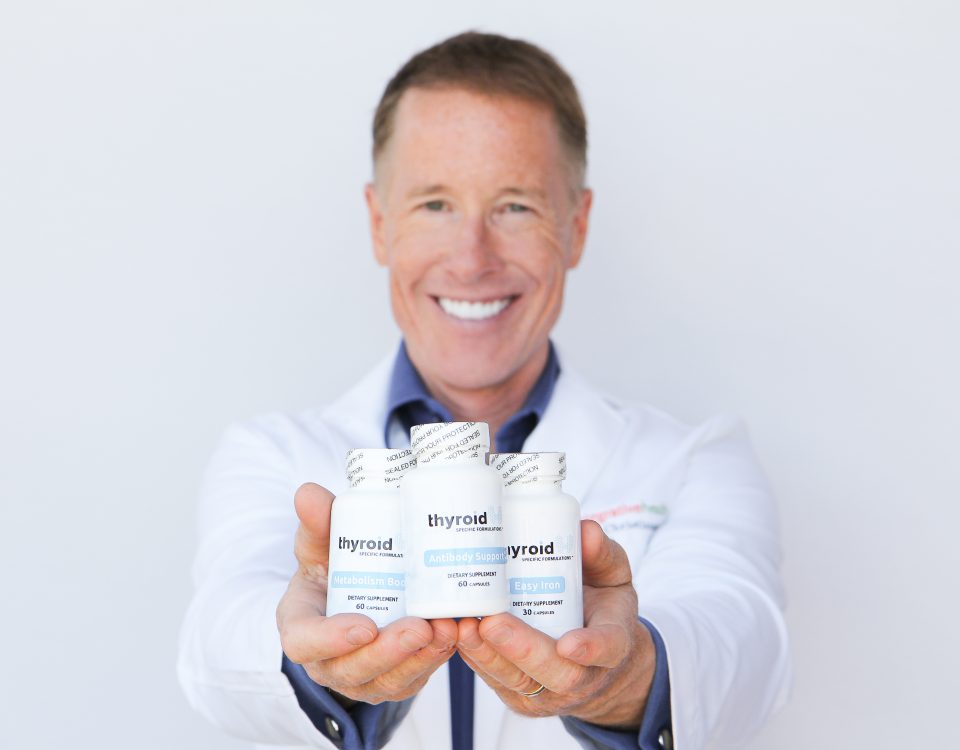Action Steps for Those With Thyroid Symptoms
If you are struggling with uncomfortable symptoms, the first step is to get a blood test. Ideally, you would work with a Naturopathic Endocrinologist who specializes in thyroid disease, and request thyroid screening tests.
There are many different thyroid tests. You may find many experts recommending that you do as many tests as possible, even if you experience just one of the 19 signs of thyroid trouble that I discuss. This can be overwhelming and may not be necessary.
These tests all have their place at various points along the thyroid journey. They can help you find treatment for some symptoms and medications for a thyroid that is not working properly. But all of these tests are not needed when you’re just trying to see if your symptoms are caused by thyroid disease.
The necessary tests include:
- TSH
- Free T3
- Free T4
- Thyroid Antibody Panel (anti-thyroglobulin and anti-thyroperoxidase)
TSH Test
Thyroid-stimulating hormone (TSH) is a hormone made by the pituitary gland which tells the thyroid to work. It is a sensitive gauge of how much hormone is coming out of the thyroid in males and females. If you have any of the 19 signs of thyroid problems, your pituitary gland may be part of the puzzle.
But, it is important to know that it is what we call a backward marker. The less hormone coming out, the higher the number goes. The more hormone coming out, the lower the number.
Most labs consider the normal range to be between 0.4 to 4.5. Below range means hyperthyroidism, and above range means hypothyroidism.
When it comes to your TSH scores, it becomes all the more important to understand the difference between normal and optimal. Here is my complete guide to optimal thyroid levels.
Free T3 and Free T4
These are the main two hormones released by the thyroid, and incorrect levels may indicate thyroid problems and cause some of the 19 signs of trouble.
Low T3/T4 levels are a symptom that your thyroid may not be working right. Some medications, however, can cause low T3/T4 levels, so be aware of this and make sure your physician understands all the medications you are taking.
You may need to request to check T3/T4 since in most cases these hormones are not included in a thyroid screen, but they should be, and both should be in the normal range.
Some of the 19 warning signs of thyroid problems in female and male patients may occur even with good T3/T4 levels, and those who take thyroid medication may need closer monitoring and fine-tuning of their T3 and T4 levels.
Some thyroid advocates say T3 and T4 levels must be on the high side of normal. That said, healthy people have a wide range of T3 and T4 levels.
If you’re not already on thyroid treatment, and you’re trying to find out if your thyroid is causing symptoms, you need to look into whether your T3 and T4 levels are normal.

Thyroid Antibody Panel
A thyroid antibody panel is essential when trying to identify the cause of thyroid problems if you have one of the 19 common signs of trouble or several. This is the most important single thing to test at this stage. That’s because it is common to have thyroid autoimmunity cause symptoms rather than hypothyroidism being the root cause. You don’t want to start a treatment or medication for thyroid symptoms and have it not work because it is intended for another target.
A thyroid antibody panel includes two tests: anti-thyroid peroxidase and anti-thyroglobulin. There are other antibodies that can be tested, but they are not important for these purposes.
When the thyroid antibody level is not normal, it may cause all 19 signs of thyroid problems. In female patients, it may indicate Hashimoto’s disease.
Seriously elevated antibody levels may cause all the symptoms we’ve mentioned as well as health risks for heart disease, infertility, and more. How high is too high? 1000 units or greater may be considered seriously elevated, but problems often start when they are in the high hundreds.
When thyroid antibodies are barely positive, or in the low 100s, they may or may not be relevant. It is important to have your doctor take them into account along with other factors to determine the reason you are experiencing any of the 19 signs of thyroid problems.















